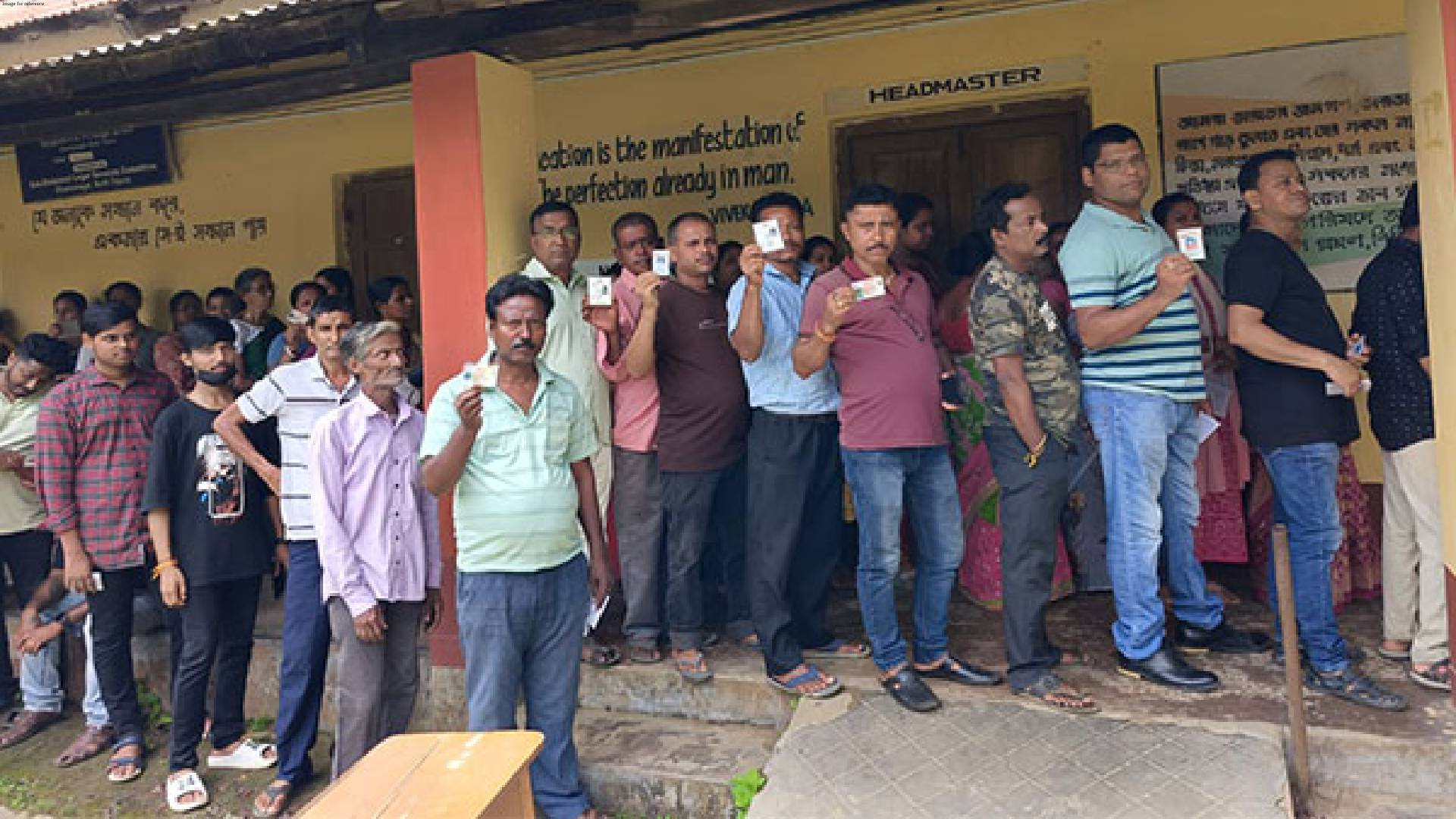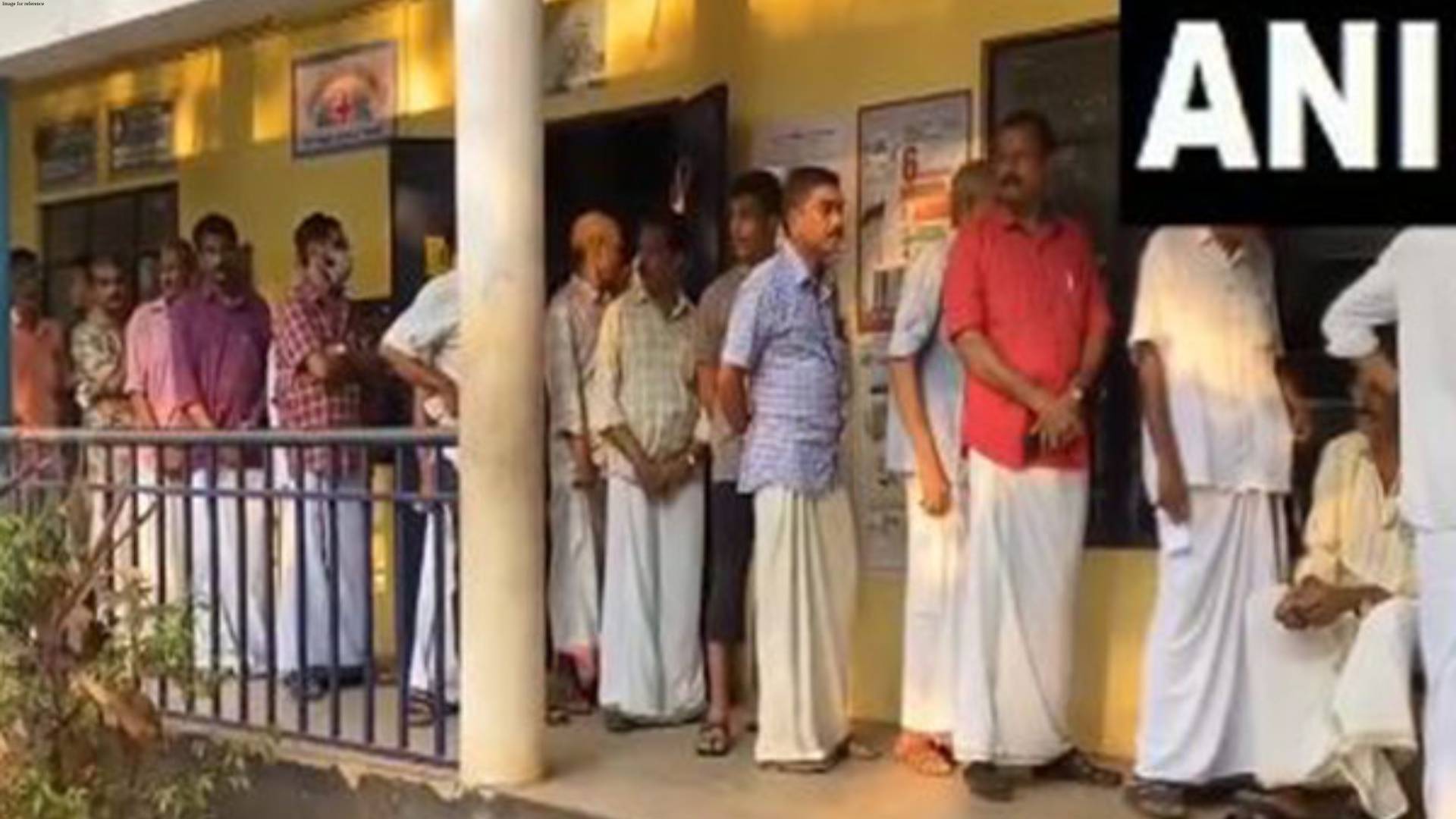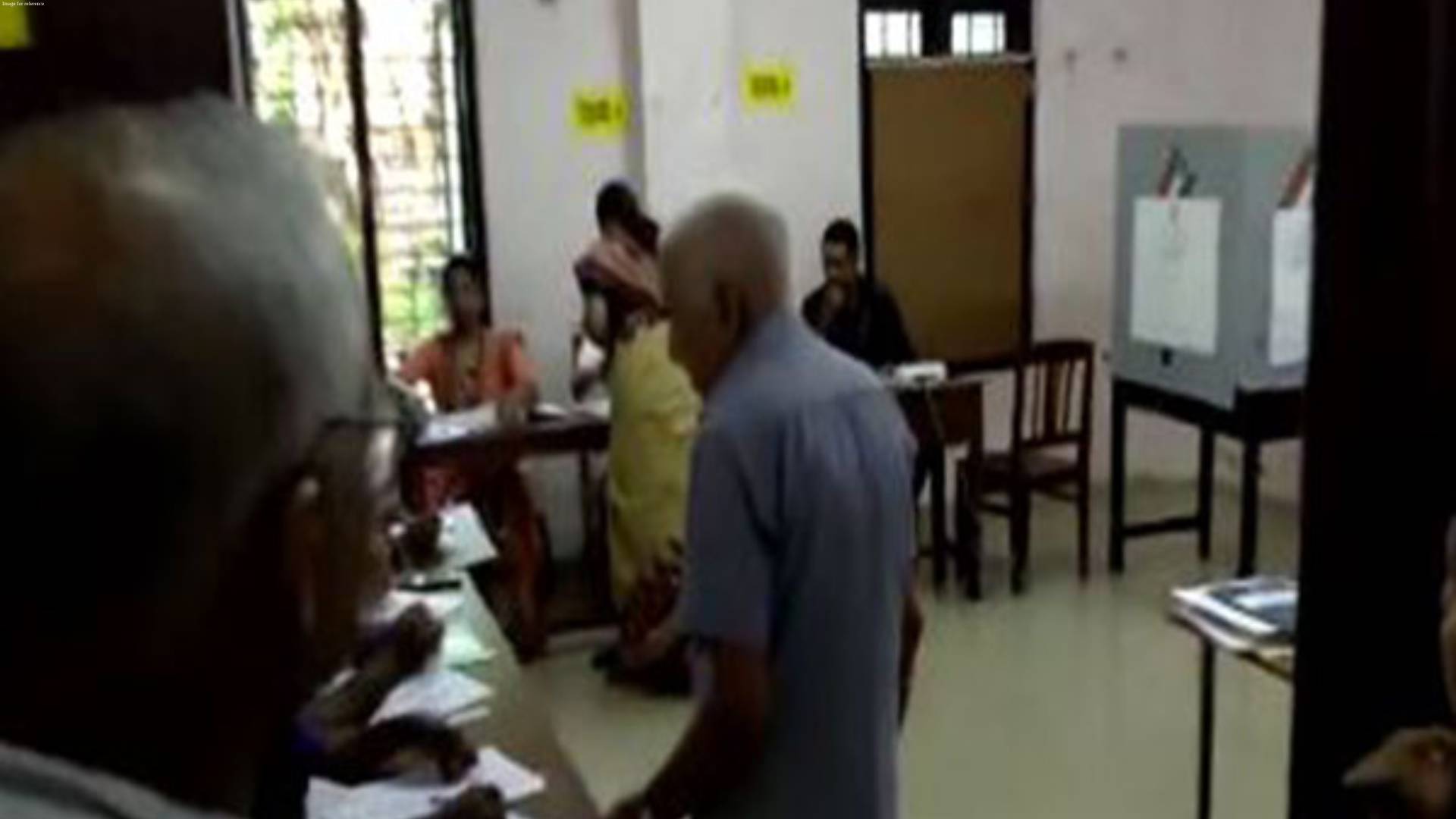Latest News
SC says two-finger test must not be conducted, it re-victimizes and re-traumatizes rape survivors

New Delhi: In a landmark and pathbreaking judgment, the Supreme Court ruled that any person who conducts the "two-finger test" shall be guilty of misconduct as it remarked that such test re-victimizes and re-traumatizes rape survivors.
The top court also directed governments to review the medical schools' curriculum to ensure that the "two-finger test" is not prescribed as one of the procedures to be adopted while examining survivors of sexual assault and rape. "Any person who conducts the "two-finger test" or per vaginum examination (while examining a person alleged to have been subjected to a sexual assault) in contravention of the directions of this court shall be guilty of misconduct," the court said.
A bench of justices Dhananjaya Y Chandrachud and Hima Kohli's direction came while restoring the conviction of a rape accused.
The court directed the Union government as well as the state governments to ensure that the guidelines formulated by the Ministry of Health and Family Welfare are circulated to all government and private hospitals.
It also directed the government to conduct workshops for health providers to communicate the appropriate procedure to be adopted while examining survivors of sexual assault and rape, and review the curriculum in medical schools with a view to ensuring that the "two-finger test" or per vaginum examination is not prescribed as one of the procedures to be adopted while examining survivors of sexual assault and rape.
The Supreme Court remarked that whether a woman is "habituated to sexual intercourse" or "habitual to sexual intercourse" is irrelevant for the purposes of determining whether the ingredients of Section 375 of the IPC are present in a particular case.
"The so-called test is based on the incorrect assumption that a sexually active woman cannot be raped. Nothing could be further from the truth - a woman's sexual history is wholly immaterial while adjudicating whether the accused raped her. Further, the probative value of a woman's testimony does not depend upon her sexual history," the court said.
"It is patriarchal and sexist to suggest that a woman cannot be believed when she
states that she was raped, merely for the reason that she is sexually active," the court said.
The court noted that while examining the victim, the Medical Board conducted what is known as the "two-finger test" to determine whether she was habituated to sexual intercourse.
"This court has time and again deprecated the use of this regressive and invasive test in cases alleging rape and sexual assault. This so-called test has no scientific basis and neither proves nor disproves allegations of rape. It instead re-victimizes and re-traumatizes women who may have been sexually assaulted, and is an affront to their dignity. The "two-finger test" or pre vaginum test must not be conducted," the court said.
The legislature explicitly recognized this fact when it enacted the Criminal Law (Amendment) Act 2013 which inter alia amended the Evidence Act to insert Section 53A. In terms of Section 53A of the Evidence Act, evidence of a victim's character or of her previous sexual experience with any person shall not be relevant to the issue of consent or the quality of consent, in prosecutions of sexual offences.
Although the "two-finger test" in this case was conducted over a decade ago, it is a regrettable fact that it continues to be conducted even today, the court noted.
The court was dealing with a petition filed by the State of Jharkhand against a concerned High Court order which set aside the conviction of a rape accused.
The State of Jharkhand has challenged the judgment of the High Court of Jharkhand dated 27 January 2018.
The High Court allowed the appeal by the rape accused and set aside the order of conviction and, consequently, of sentence passed by the Additional Sessions Judge, FTC-II Deoghar, on 10 October 2006 and 11 October 2006 respectively. The Sessions Judge had convicted the man for offences punishable under Sections 302, 376, 341 and 448 of the Indian Penal Code
and sentenced him to suffer imprisonment for life.
The case of the prosecution is that the convicted man entered the house of the victim and deceased in Narangi village, on the afternoon of 7 November 2004. He allegedly pushed her to the ground and committed rape upon her, while threatening to kill her if she sounded an alarm. She called out for help, at which point the respondent allegedly poured kerosene on her and set her on fire with a matchstick.
Her cries for help led her grandfather, mother, and a village resident to come to her room. The man is alleged to have fled the scene upon seeing them.
The victim's family extinguished the fire and took her to a Hospital in Deoghar, where she was admitted and underwent treatment for the injuries sustained by her. But the victim died on 14 December 2004. (ANI)





.png)






.jpg)


.jpg)
.jpg)
.jpg)



